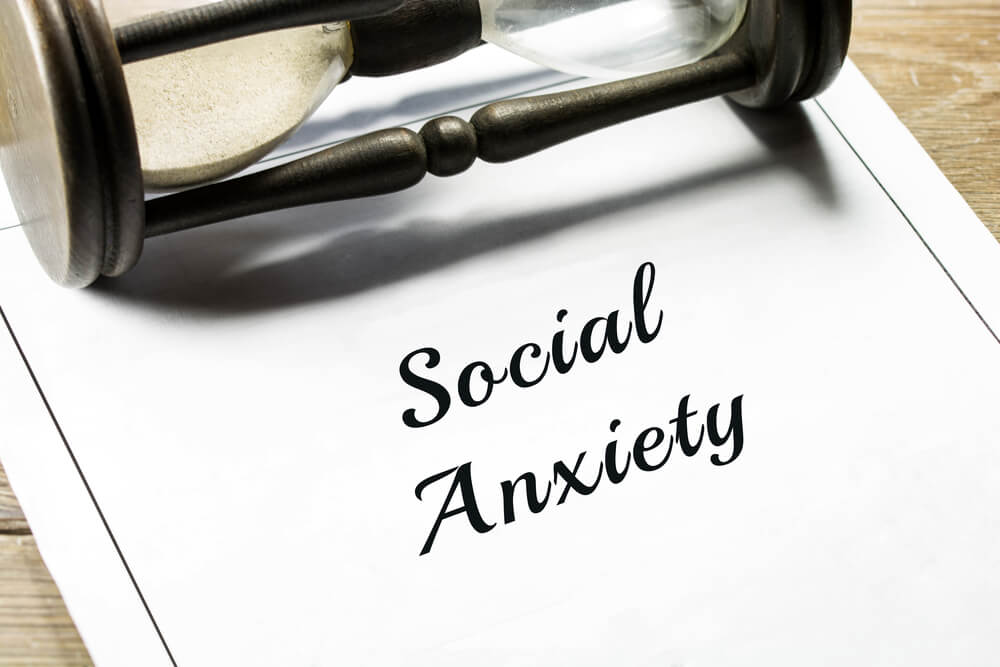Dealing with your child's meltdowns

Dealing with your child's meltdowns
Posted: 03 Mar 2015 05:28 AM PST on Source: the curly hair project website http://thegirlwiththecurlyhair.co.uk
Here are some tips for parents, on dealing with your child's meltdowns.
If one thing all parents with a child with autism can agree on, is that meltdowns are very hard to deal with. Your child may scream, kick, hurt others, hurt themselves. They clearly look like they're in pain. Even though meltdowns are pretty common for people with autism (of all ages – but we may learn how to control it better as we get older), there are still many misconceptions about them, and people will still judge the parents of a child going through meltdown.
So, what exactly is a meltdown?
Can we help our child?
And how do we raise awareness of meltdowns in our communities?
1. What is a meltdown?
Your ASD child is very sensitive. As a matter of fact, "very sensitive" doesn't even cut it. Neurotypical people and children have natural filters in their brain. These filters form a sort of protective barrier. It helps people to focus on the input they need and want to focus on, and filters out the information that isn't needed at that specific time. The brain does this to protect itself, as the brain would simply not be able to cope with seeing, hearing, smelling, experiencing all the input and information there is around us.
Children with ASD lack this filter to a certain degree. So rather than the brain filtering out the information we don't need to process, or have no need for, this information gets processed as well. This means the ASD child gets a lot more input than the NT child, simply because the brain is not capable of distinguishing the information it needs, from the information that is not necessary. It processes all of it.
This can lead to a short circuit of the brain. Because there is so much information coming at the child, the brain tries to protect itself by simply switching off. Think of it as a bucket. You can fill the bucket until it's full, but as soon as it's full, the water you add will just have the bucket overflow.
The moment the bucket is full, the brain will decide to shut down. The brain does this so your ASD child can recover from the overflow in information. This is called a shutdown. The brain literally shuts down, and so stops from any other information getting processed.
However, when information keeps getting poured into the bucket, it will overflow. When the bucket overflows, everything that gets poured in is too much to deal with. It will cause your child with ASD to experience this as very frightening, or even painful. Every additional information, is just too much too handle so the child has to find a way to cancel out that extra information. This can be by hitting its head against a wall, screaming, kicking, .... this is called a meltdown. The main aim of the child's behaviour now is to cancel out the additional information pouring into its head.
2. What triggers a meltdown in my child?
This can be various things, and much depends on every individual. If your child has a very strict routine, spontaneous things can add a lot of stress which may lead to a meltdown, but it could also be the flickering of lights at the supermarket for example. You cannot really pinpoint one cause to a meltdown, although it might be important to think about reasons this could have happened. This may help you to avoid these triggers in the future.
These possible triggers may be a new kid at school, not being able to sit in the regular place at school, wearing different color socks to normally on Wednesdays, the flickering of light, a perfume of someone... The list can, unfortunately, be endless.
3. What do I do when I see my child in a meltdown?
- Is my child safe?
This is most important. Remove all sharp objects or objects your child may hurt themselves with. If they're banging their head on the wall, or hitting themselves, try and provide something else to express their pain. (Ripping paper apart is visually and sensory very powerful for example).
Do not try and stop the meltdown. Your child will not hear you – plus, your words and touches may add to the already overflowing bucket. Like with an animal that is on stampede, finding a way to stop it can be difficult and very tricky.
- Should I restrain them?
No, this is never a solution UNLESS you have medical reasons and have been advised by a professional (for instance, when the child portrays extreme self mutilating behavior).
- What helps calm them?
This is a matter of knowing your child best. I've heard of moms and dads calming their child by running water over their wrists, and others benefit from a deep pressure touch approach. Going again with the example of the animal in stampede, finding a method to help calm them isn't always easy. Keep in mind to keep the additional information or sensory input to an absolute minimum.
- I tried talking to my child, she doesn't hear me! Help?
Your child has blocked out all sensory input to protect itself from further 'harm'. They are most definitely not ignoring you, or pretending they can't hear you. They actually can't hear you with all the noise of that bucket overflowing.
- People think my child is throwing a tantrum, and they're judging me. What do I do?
Your child's safety is always a priority, and what other people think comes last (if it has importance at all...). People react from experience, and often compare a meltdown to a temper tantrum as they are more familiar with those. Thinking that this may have another reason does very often not even occur to them, and they will very often judge from their own point of view, than taking the time to understand yours. Be patient, and do what is best for you and your child. That is most important.
4. Can I help avoid a meltdown?
As mentioned before, this may actually take some time. Learning to read the signs is very important, but what is even more important is understanding that the slightest change can upset your child with ASD greatly.
Let me illustrate this with an example: When I went to take my written exam, I forgot to take my favorite pen with me. I had a meltdown later that day, because I forgot my pen, and my whole day was ruined. I didn't realize this was because I had forgotten my pen, until days later. I am an adult, can you imagine how much harder this is for a child to try and place these feelings?
Meltdowns are often regarded as 'camouflaged' temper tantrums, and a lot of parents deal with ignorance regarding this matter on a daily basis. Trying to explain to people what your child goes through might be a very tedious job, that drains parents from their energy but unfortunately it is one of the ways to help raise awareness. There is also a great deal of responsibility for parents with NT children to educate themselves and their children on their ASD playmate.
Meltdowns are never easy to deal with as parents. They can ruin a perfect day, make you have to turn around when you're on your way to a day out by the sea side, etc etc... But please remember it is not your fault, and by no means you are responsible for a meltdown. You do what you can, so do it proudly, and with love!
For further helpful tips, please visit the curly hair project website http://thegirlwiththecurlyhair.co.uk



